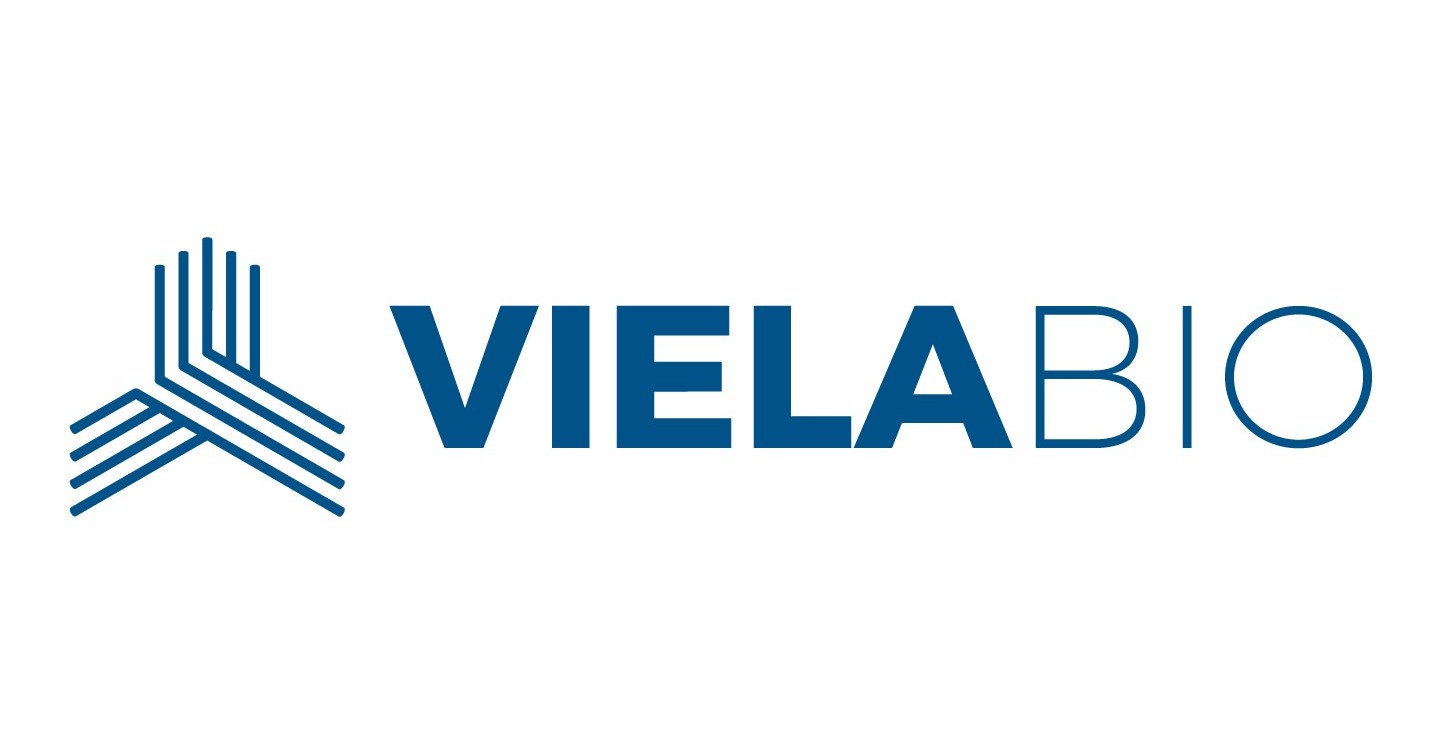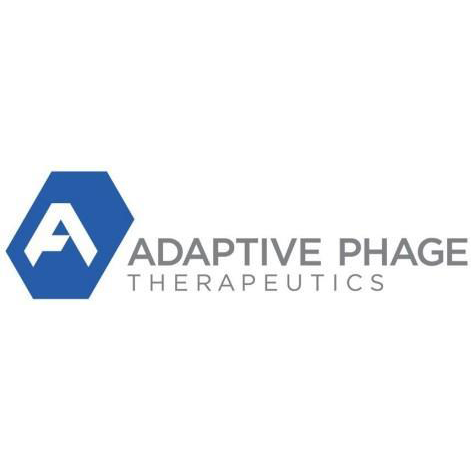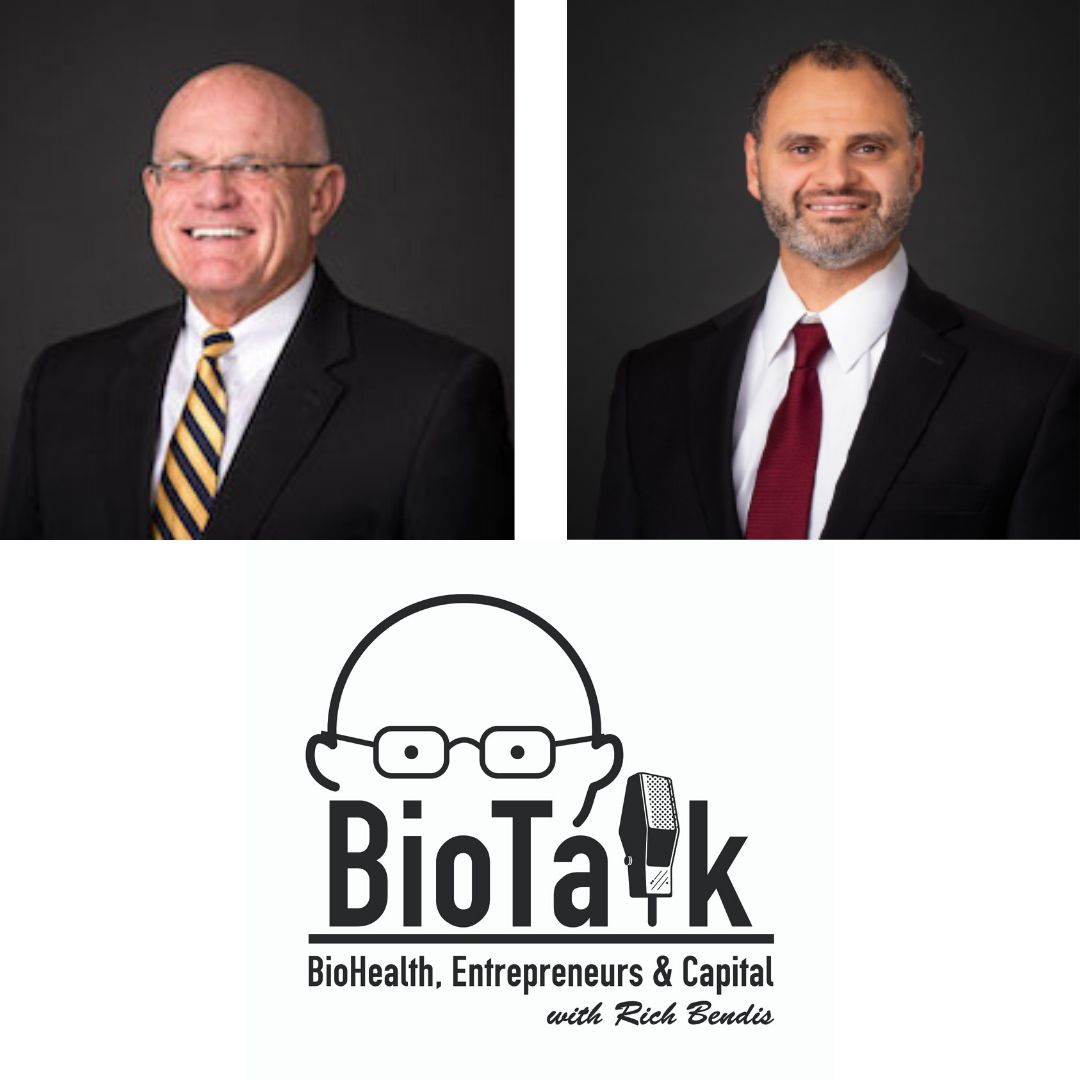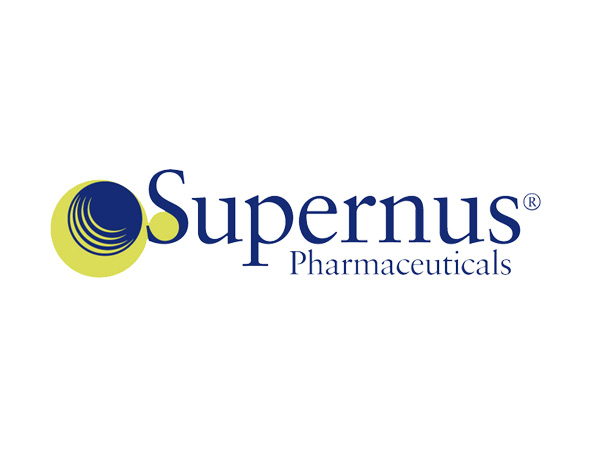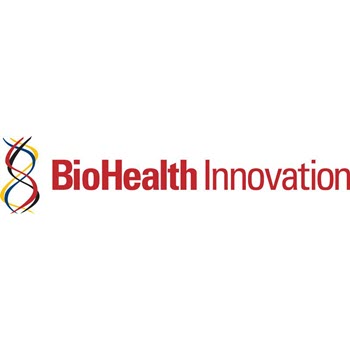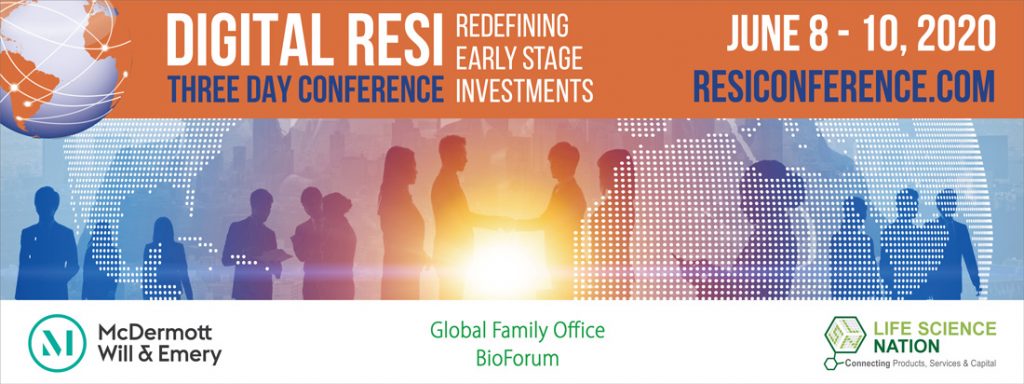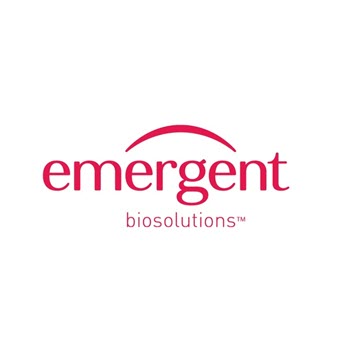
- Emergent will provide contract development and manufacturing services and secure large-scale manufacturing capacity through 2020 to support AstraZeneca’s COVID-19 vaccine candidate
- Agreement valued at approximately $87 million
GAITHERSBURG, Md., June 11, 2020 (GLOBE NEWSWIRE) — Emergent BioSolutions Inc. (NYSE:EBS) today announced it will deploy its molecule-to-market contract development and manufacturing (CDMO) services to support the manufacturing of AstraZeneca’s vaccine candidate for COVID-19, AZD1222, a viral vector-based, weakened version of adenovirus containing the genetic material of SARS-CoV-2 spike protein, developed by Oxford University’s Jenner institute working with the Oxford Vaccine Group.
AstraZeneca’s AZD1222 is one of several candidates supported by Operation Warp Speed (OWS), the U.S. government’s program to accelerate the development, manufacturing, and distribution of COVID-19 medical countermeasures that aims to have substantial quantities of a safe and effective vaccine available for Americans by January 2021. As part of OWS, Emergent will provide development and manufacturing services and capacity to innovators of leading COVID-19 vaccine candidates selected by the U.S. government, such as AstraZeneca.
“By partnering with leading innovators like AstraZeneca, Emergent is playing a critical role in increasing the world’s chances of having a safe and effective COVID-19 vaccine,” said Robert G. Kramer Sr., president and chief executive officer of Emergent BioSolutions. “We are proud to provide our CDMO services to advance AstraZeneca’s COVID-19 vaccine candidate. With this agreement, we bring to our facilities two of the five leading candidates being developed with U.S. government funding.”
Under the agreement, valued at approximately $87 million, Emergent will provide development services, technology transfer, analytical testing, drug substance process and performance qualification and will reserve certain large-scale manufacturing capacity through 2020.
“As both a manufacturer of our own vaccines and a service provider, Emergent is uniquely equipped to take on the integral role of development and manufacturing partner to companies like AstraZeneca with lead vaccine candidates for COVID-19,” said Syed T. Husain, senior vice president and CDMO business unit head at Emergent. “We have spent decades establishing a strong, integrated CDMO network that allows us to dependably and consistently produce life-saving medicines for our company and for others worldwide.”
Development services will be provided out of Emergent’s Gaithersburg product development facility. Large-scale manufacturing of drug substance will be done at the Baltimore Bayview facility, an HHS-designated Center for Innovation in Advanced Development and Manufacturing (CIADM) designed for rapid manufacturing of large quantities of vaccines and treatments during public health emergencies.
Emergent’s Bayview facility has unique capabilities across four independent suites to produce at clinical scale to get candidates rapidly into the clinic, while at the same time scaling up to enable large-scale manufacturing to up to 4000L to prepare for production of commercial volumes to meet customer demand. The CIADM has the capacity to produce tens to hundreds of millions of doses of vaccine on an annual basis, based upon the platform technology being used.
Financial Considerations
The company will provide an update to its 2020 financial outlook incorporating expectations related to this agreement and any other relevant information when it reports its second quarter financial results.
About Emergent BioSolutions
Emergent BioSolutions is a global life sciences company whose mission is to protect and enhance life. Through our specialty products and contract development and manufacturing services, we are dedicated to providing solutions that address public health threats. Through social responsibility, we aim to build healthier and safer communities. We aspire to deliver peace of mind to our patients and customers so they can focus on what’s most important in their lives. In working together, we envision protecting or enhancing 1 billion lives by 2030. For more information visit www.emergentbiosolutions.com. Find us on LinkedIn and follow us on Twitter @emergentbiosolu and Instagram @life_at_emergent.
Emergent’s Response to COVID-19
Emergent BioSolutions is deploying its decades of experience in vaccine and hyperimmune development and manufacturing, as well as its molecule-to-market contract development and manufacturing (CDMO) services to provide comprehensive medical countermeasure solutions in response to the COVID-19 pandemic.
Using its established hyperimmune platforms, Emergent is developing two investigational plasma-based treatments – COVID-Human Immune Globulin (COVID-HIG) and COVID-Equine Immune Globulin (COVID-EIG). COVID-HIG is being developed as a human plasma-derived therapy candidate with $14.5 million in HHS funding and will be evaluated in at least one of the studies of the National Institute of Allergy and Infectious Diseases, part of the National Institutes of Health, for potential treatment of COVID-19 in severe hospitalized and high-risk patients. COVID-EIG is being developed as an equine plasma-derived therapy candidate for potential treatment of severe disease in humans. Both candidates are anticipated to be in Phase 2 clinical studies in Q3 2020. These investigational products are not approved by the U.S. Food and Drug Administration and their safety and effectiveness have not been established.
Emergent is deploying its CDMO capabilities, capacities, and expertise to support the U.S. government’s Operation Warp Speed to pave the way for innovators to advance COVID-19 programs. Prior to the launch of Operation Warp Speed, the company had announced earlier collaborations with three innovators to develop and manufacture COVID-19 vaccine candidates. For the COVID-19 vaccine response, Emergent’s integrated CDMO network provides development services from its Gaithersburg facility, drug substance manufacturing at its Baltimore Bayview facility, and drug product manufacturing at its Baltimore Camden and Rockville facilities, all in Maryland.
For 22 years Emergent has focused on advancing public health, and its multi-pronged approach to tackling COVID-19 demonstrates its commitment to its mission – to protect and enhance life.
Safe Harbor Statement
This press release includes forward-looking statements within the meaning of the Private Securities Litigation Reform Act of 1995. Any statements, other than statements of historical fact, including statements regarding our ability to produce viable COVID-19 vaccine candidates at the prescribed scale and on the anticipated timeline and pave their potential pathway to licensure, as well as the negotiation of another contract related to the second phase of the collaboration and deployment of capacity toward future commercial manufacturing, are forward-looking statements. These forward-looking statements are based on our current intentions, beliefs and expectations regarding future events. We cannot guarantee that any forward-looking statement will be accurate. Investors should realize that if underlying assumptions prove inaccurate or unknown risks or uncertainties materialize, actual results could differ materially from our expectations. Investors are, therefore, cautioned not to place undue reliance on any forward-looking statement. Any forward-looking statement speaks only as of the date of this press release, and, except as required by law, we do not undertake to update any forward-looking statement to reflect new information, events or circumstances.
There are a number of important factors that could cause the company’s actual results to differ materially from those indicated by such forward-looking statements, including the success of the planned development programs; the timing of and ability to obtain and maintain regulatory approvals for the product candidates; and our commercialization, marketing and manufacturing capabilities. The foregoing sets forth many, but not all, of the factors that could cause actual results to differ from our expectations in any forward-looking statement. Investors should consider this cautionary statement, as well as the risk factors identified in our periodic reports filed with the SEC, when evaluating our forward-looking statements.
Media Contact:
Miko B. Neri
Senior Director, Corporate Communications
240-631-3392
NeriM@ebsi.com
Investor Contact:
Robert G. Burrows
Vice President, Investor Relations
240-631-3280
BurrowsR@ebsi.com

